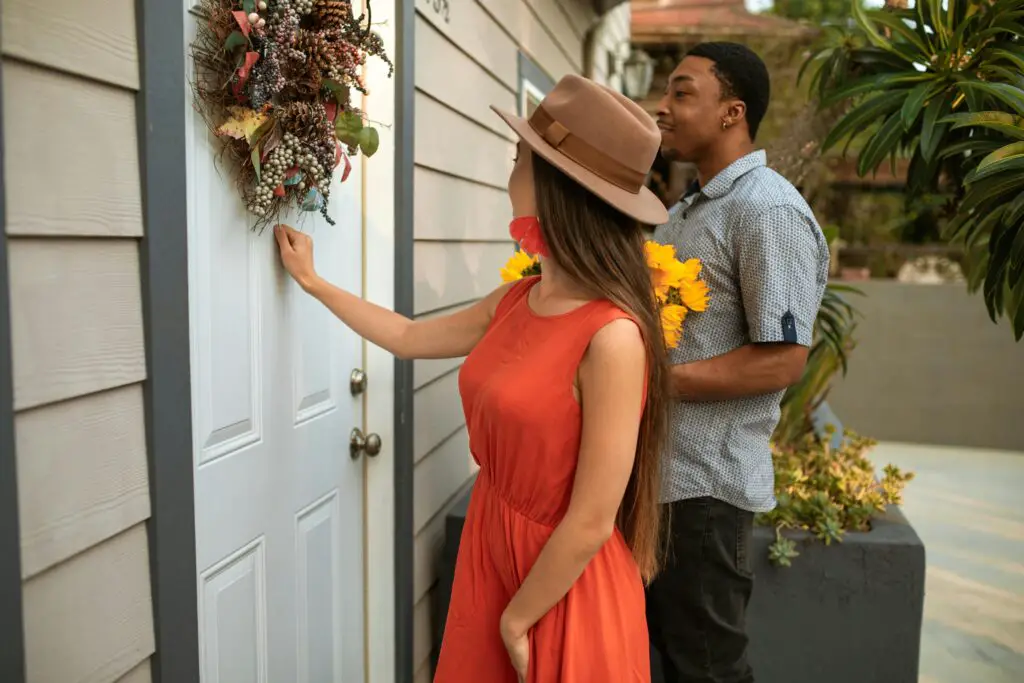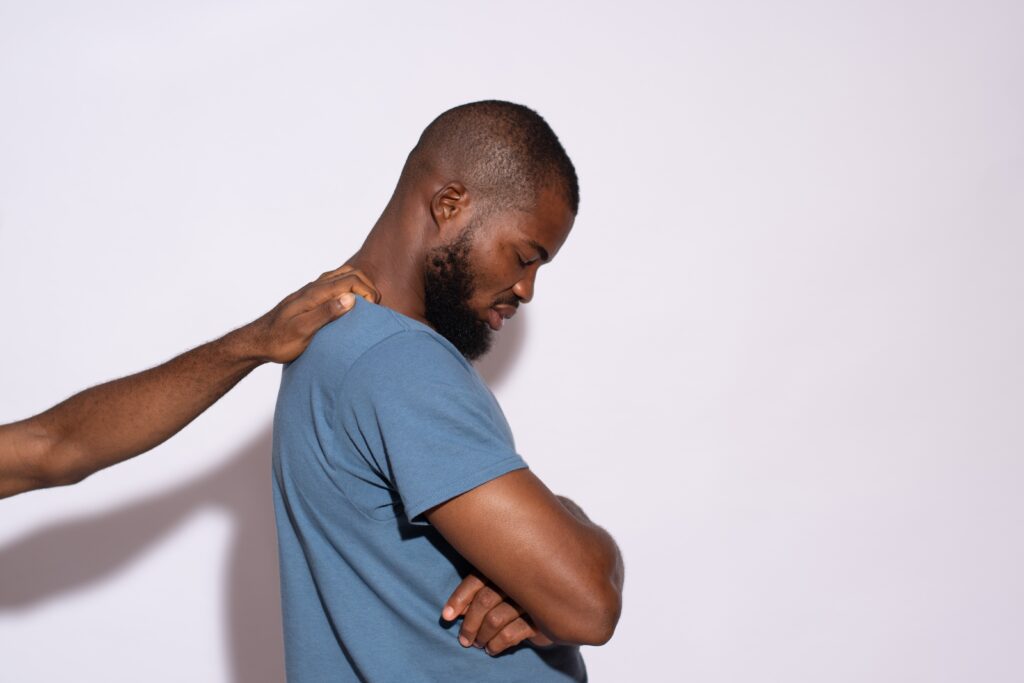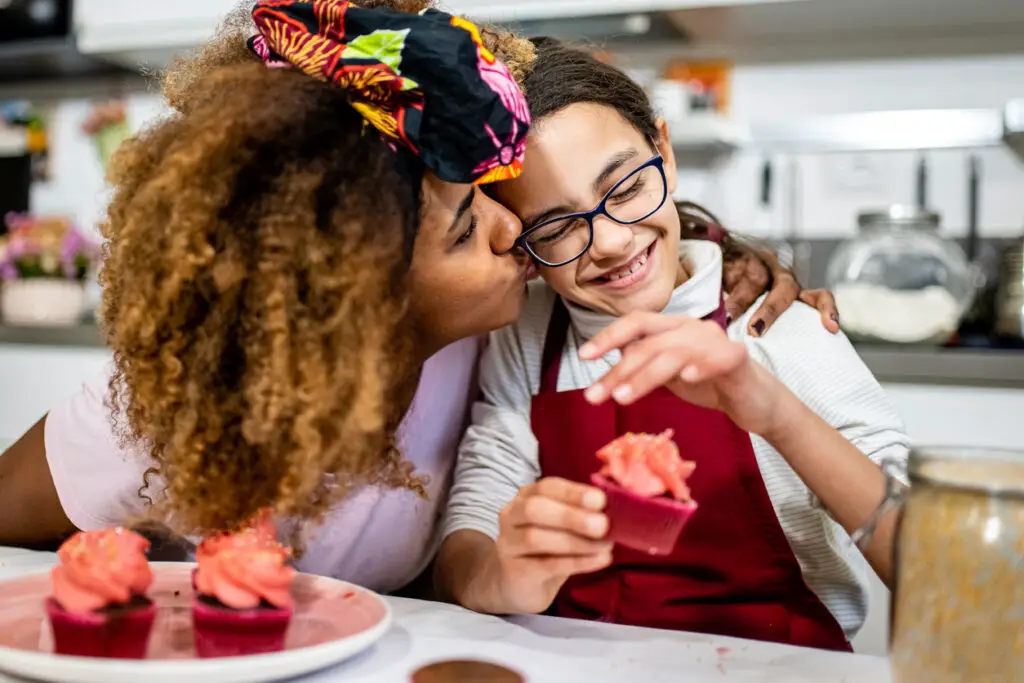1. You Don’t See Each Other as Often—And It’s Nobody’s Fault

There was a time when friendship meant late-night calls, spontaneous plans, and endless weekends together. But now, between work, family, and the sheer effort it takes to leave the house after 7 p.m., things have shifted. It’s not that you don’t care—it’s just that life is fuller, messier, and more scheduled than ever before. You start to understand that showing up doesn’t always mean physically being there. Sometimes it’s a text that says “thinking of you” or laughing at the same meme from miles apart shares Forbes.
What’s wild is that you don’t even notice the drift right away. It’s slow, like sand slipping through your fingers. One day you realize it’s been months since you’ve seen someone who used to feel like a daily part of your life. And weirdly, you don’t blame them adds BBC. You just nod and think, “Yeah, I get it.”
2. The Group Chat Becomes a Lifeline

There used to be actual meetups—dinners, coffee dates, long walks to nowhere. Now the group chat is where all the action happens. It’s where you drop a quick update, share something hilarious, or admit that you’re having a terrible day. It’s low-pressure and always there, like a digital version of sitting on your friend’s couch in sweatpants says the Atlantic.
You might not hear someone’s voice for weeks, but you still feel connected. Emojis become emotional shorthand. A thumbs-up can mean “I’m proud of you” or “I hear you, but I’m exhausted.” It’s subtle, but it matters. It’s how you stay in each other’s lives without needing to explain everything shares Success Magazine.
3. You Start Letting Go of One-Sided Friendships

In your 20s, you probably kept friendships going out of habit or guilt. But as you get older, time and energy become precious commodities. You start to notice who only calls when they need something and who remembers to ask how you’re doing, too. It’s not about holding grudges—it’s about protecting your peace.
Letting go doesn’t have to be dramatic. Sometimes you just stop reaching out, and things quietly fade. And when that happens, it’s surprisingly freeing. It gives you more space for the people who make you feel seen, not drained. You learn that closeness isn’t about history—it’s about effort.
4. Milestones Start to Separate You

At first, it’s exciting—one friend gets married, another lands a big job, someone else moves across the country. But over time, these life milestones start to change the dynamics. If you’re single and your friends all have kids, suddenly your worlds look very different. Conversations shift from wild nights out to nap schedules and school drop-offs.
It’s nobody’s fault, and you’re happy for them, truly. But it can feel lonely. You might miss how easy it used to be to relate to one another. And sometimes you wonder if you’ll ever be on the same page again—or if the friendship has to evolve into something entirely new.
5. You Appreciate the Quiet Ones More

There’s something comforting about the friend who doesn’t need constant updates. They’re the ones you can go months without seeing, and the second you reunite, it’s like no time has passed. When you’re younger, those friendships can seem too low-maintenance to feel important. But now, they feel like a gift.
These are the friends who don’t take silence personally. They understand when you’re overwhelmed, busy, or just need space. There’s no drama, no guilt trip—just mutual respect. As life gets more complicated, that kind of ease becomes invaluable. It’s the friendships with no pressure that start to feel the strongest.
6. You Become More Selective

There was a time when more friends meant a better social life. You said yes to every invite, joined every group, and made fast friends with coworkers and acquaintances. But now, you’re choosier. You want meaningful conversations over small talk. You want depth, not just someone to hang out with.
This doesn’t mean you’re antisocial—it just means you’ve learned to value quality over quantity. A night with one good friend beats a party full of people you barely know. You stop chasing connections that don’t feel real. And when you do find someone who gets you, you hold on tight.
7. Plans Get Cancelled—and Everyone’s Relieved

You used to dread a canceled plan. Now? Sometimes it’s the best part of your day. No one takes it personally because everyone’s tired, overwhelmed, or just needs a night in. You send the “rain check?” text and get an immediate “thank goodness, same” response.
It’s not about flaking—it’s about recognizing limits. Friendships now come with the unspoken agreement that rest is sacred. And when you finally do hang out, there’s no awkwardness—just gratitude that you made it happen. You learn that showing up doesn’t always have to be literal.
8. Nostalgia Becomes a Bonding Tool

You might not talk every day, but when you do, it often starts with “remember when?” There’s something about growing older that makes shared memories feel even sweeter. The wild road trip, the inside joke that still cracks you up, that time you both cried from laughter. These moments feel like anchors.
When everything else in life is changing, those stories remind you of who you were—and who helped shape that version of you. Even if your lives have gone in different directions, the past keeps you connected. It’s not living in the past—it’s honoring it. Sometimes, those memories are what hold the friendship together.
9. You Support Each Other Through Bigger Things

The problems aren’t about bad haircuts or crushes anymore. They’re about layoffs, aging parents, health scares, divorce, infertility. And somehow, you get better at being there for each other. You don’t always have the answers, but you’ve learned how to just listen, how to sit with someone in their sadness.
Friendship gets deeper, more sacred. You start saying things like “I’m here for whatever you need” and actually mean it. It’s not always pretty or convenient, but it’s real. The older you get, the more you realize that being there in the hard moments is what defines a true friend.
10. You Respect Each Other’s Boundaries More

In the past, you might’ve expected instant replies or felt hurt if someone didn’t call back. But now you understand that people have their own stuff going on. Someone needing space doesn’t mean they don’t care—it just means they’re human. And instead of pushing, you give grace.
It’s a quiet shift, but it changes everything. You learn to love people where they are, not where you want them to be. Boundaries stop feeling like rejection and start feeling like honesty. It’s a sign of maturity, not distance. And the friendships that survive this shift? They’re stronger for it.
11. You Realize Some People Were Only Meant for a Season

Not all friendships are forever, and that’s a tough pill to swallow. But with age comes the understanding that some people were meant to walk with you for a chapter—not the whole story. That doesn’t make the friendship any less important. It just means its purpose has been fulfilled.
You stop trying to resurrect relationships that no longer fit. You stop holding onto people just because they’ve been around a long time. Instead, you cherish the good moments and move forward. It’s bittersweet, but it opens the door for new connections that fit the person you’ve become.
12. You Start Talking About Really Real Stuff

At some point, the surface-level talk gets boring. You want to know how your friend is really doing—not just what they posted on Instagram. You ask deeper questions and aren’t afraid to sit with uncomfortable truths. Conversations start to involve therapy, burnout, heartbreak, and purpose.
It’s not always heavy, but it’s definitely more honest. You stop pretending everything’s fine when it’s not. And in return, your friends do the same. There’s a quiet beauty in being vulnerable with someone who’s seen you through all your phases. It makes you feel less alone.
13. You Realize Time Is the Most Generous Gift

When someone makes time for you, even for a quick phone call or coffee date, you don’t take it for granted. Everyone’s juggling a lot—careers, kids, aging parents, personal goals. So when a friend says, “Let’s catch up,” and actually follows through, it feels like a hug.
You start to value the little things more: a voice memo on a hard day, a surprise card in the mail, a quick check-in. Time becomes a currency, and the people who give it to you freely are priceless. It’s not about how often you see someone—it’s about how intentional those moments are. And you realize those small gestures are what real friendship looks like now.
